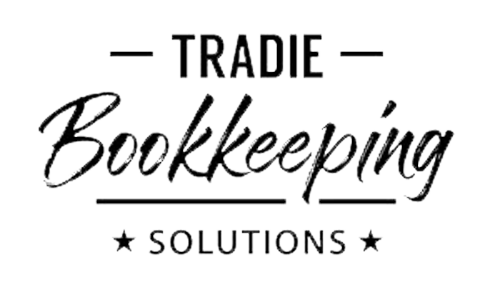Five Undesirable Customer Types To Avoid
Every tradie and business owner knows that not all customers are the same. Some customers are loyal, while others will stray if they’re offered a slightly lower price elsewhere. Some clients are demanding, while others only call when they wish to place an order.
Every business must deal with a variety of customers. But there are certain types of customers who do more harm than good to your business – they drain your material and emotional resources while adding little to your revenue.
Here are five undesirable customer types that every business person should learn to recognise.
1. Customers who think they are experts in your trade
These type of customers in the tradie world can often be found amongst those who own their home and think they know all about your trade. When you meet them for the first time they might slip in some of their own advice on how you might want to go about doing the job. If it’s not the best way to do it, you may have a good job convincing them that your approach is far better.
It will involve some delicate communication skills to explain this to them without offending them. When you’re under pressure it can be hard to keep the required restraint but you’ll still try. After all, good customer relations can build your business and you might not want to lose their custom, right?
It’s not easy to avoid these type of customers because you don’t know at first how they might turn out. However, you can find out a lot in the first conversation you have with them over the phone. So keep you antennas out for any signs and decide if it’s worth your time to go and enter into a contract with them.
2. Customers who always pay late
Just last month we’ve published a Blog article about How Business Owners Can Manage Late Payers. It’s a fact of business life that not all invoices are always paid on time. While this can happen with any customer at some point, there are also the serial offenders who without a valid reason always end up paying late.
To make matters worse, they often don’t even contact you to let you know and also don’t respond to your follow up. This puts additional strain on business cash flow the business owner can do without. Not to mention the added pressure you feel when you don’t have the cash flow to pay your own bills.
When tradies sub-contract to larger companies on major construction projects, they also might be at the bottom end of the rung of companies needing progress payments. If these companies already have a reputation for being late payers, make sure when you decide to work with them that you’ve made your terms and conditions clear in the contract. At least you have the required recourse for follow up, in the event you do encounter such a situation.
3. Customers who don’t follow your advice
When you first talk with a new customer about the job they are asking you to do there might be a few things they will need to do before you start the job. For example, if Council approval is required for a particular job, and you advise the customer to take action to ensure the work can be completed with approval.
Part of your advice could also include that they need to engage an engineer or other professional, like a surveyor, before you can even start on your work. There are also stages in new building projects where Council Building inspectors need to be scheduled to come in and approve particular works before the next building stage can be commenced.
If your customers are unable to work in with your project schedule, you’ll be chasing your tail from here on and the project schedule could affect all your other job scheduling.
4. Customers who don’t give you access to the site when required
It is quite common for tradies to turn up at the job address and find that there is no one there to give you the required access. While the customer could have valid reasons that they did not keep the agreement, it is a sign that they are not communicating with you in a way that is in the interest of getting their job done.
It also shows a level of disrespect for your time. If you don’t do this already, it is a good practice to make a quick call the day before the job is due to start to confirm that they know you will be coming at the agreed time the next day, and will be there.
While this can often eliminate time wasters, good communication between you and your customer can only achieve so much. There will always be people who turn out to be unreliable and don’t keep their word.
5. Customers who complain publicly about the service you’ve provided
The growing visibility and influence of social media have made this type of customer more dangerous than ever. This is especially true if your business is a large and well-known company. Social media sites like YouTube and Twitter give disaffected customers the means to broadcast their concerns to a very large audience.
If you are using social media in your marketing strategy, be careful how you set up any response mechanisms. While it is great to receive formal reviews via your social media channel, the bomb shells could be surfacing in a Post at a time you might not expect. So, monitoring the activity on your account is critical, so that you can nip any nasty comments in the bud and deal with the person commenting outside the social media sphere.
Conclusion
After you’ve identified a customer as undesirable, the next stage is to develop an appropriate response. Where possible, try to educate the customer – in a respectful and courteous manner – about reasonable and acceptable interactions in business. If this fails, you may have to consider “firing” the customer.
Shedding your business of undesirable customers has multiple positive impacts – in addition to improving the bottom line, it improves your and your team’s morale and allows you to focus more resources on other customers.
If you have customers that have let you down and as a result you might be feeling the pinch, contact us for a FREE Cash Flow Pulse Check. It includes a review of your accounting and financial systems and advice on how you can get back to positive cash flow quickly.
Copyright © TradieBookkeepingSolutions.com.au All Rights Reserved.
